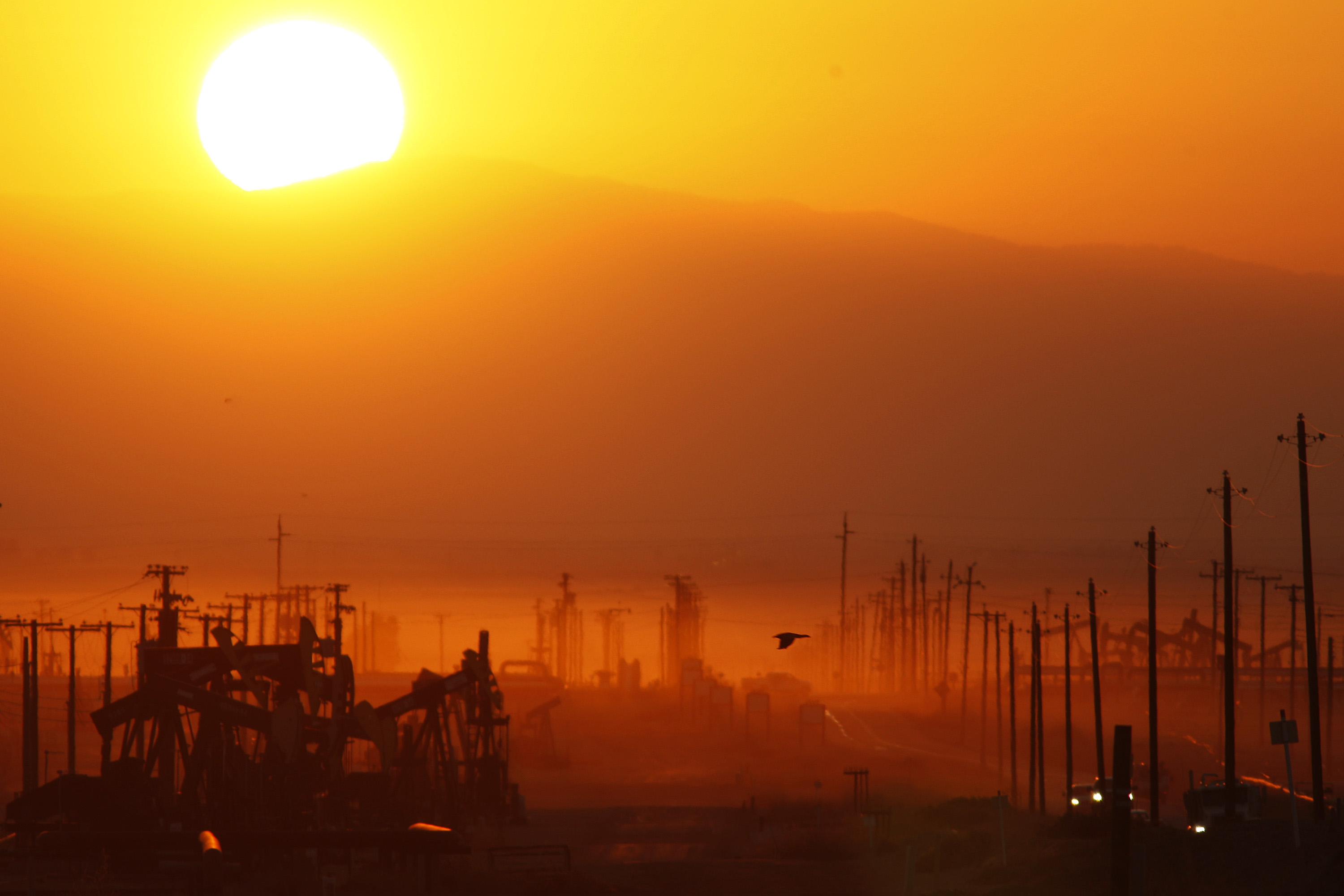Silicon Valley could save the world from climate change. But we don't want them to.
We're afraid of empowering them


Silicon Valley could save the planet. All they need to do is combine their entrepreneurial brilliance with an enormous infusion of cash, and, more importantly, have our society grant them the cultural permission to lead us to a green future.
But we don't want that. And, frankly, that's why we peons annoy the titans of tech so much.
Why won't we hand our environmental challenges to our top technologists to solve? After all, these are among the world's most successful people at identifying unsolved problems and tackling them. And they're loaded with enough money, resources, and cache to get things done.
Subscribe to The Week
Escape your echo chamber. Get the facts behind the news, plus analysis from multiple perspectives.

Sign up for The Week's Free Newsletters
From our morning news briefing to a weekly Good News Newsletter, get the best of The Week delivered directly to your inbox.
From our morning news briefing to a weekly Good News Newsletter, get the best of The Week delivered directly to your inbox.
The reason is simple: We're afraid.
Instead we demand solutions from policymakers — not because we think they're the biggest geniuses, but because we think only the government has the legitimate authority to do big binding things that affect us all, which is what stopping climate change requires.
What's more, many of us think that only government can do the right thing in a divided world. Regardless of our partisanship or our policy preferences, we're increasingly doubtful that big goals can be met except by coercive force. In fact, we suspect that, at bottom, everything is a matter of coercive force.
Consider, for a moment, Jeb Bush. After teasing environmentalists with dreams of a "moderate" Republican — as opposed to yet another "denier" — Bush recently laughed off restrictive policymaking as a solution to our climate challenges, enthusing instead over, well, Silicon Valley.
Innovation and technology, said Bush, are "the source of a lot more solutions than any government-imposed idea and sometimes I sense that we pull back from the embrace of these things." Instead, Americans should "tear down the barriers," allowing new inventions to "accelerate in our lives to find solutions" to our humanity-wide problems.
Speaking for a host of green activists at their wits' end, Salon political writer Simon Maloy called Bush's vision "an impossibly vague nothingburger […] that gives the impression that Jeb cares about climate change as he advocates for the status quo." And indeed, that's one way the story Bush tells could wind up.
Here's another real possibility: Bush's vision could actually make enormous progress toward soliving our environmental struggles.
Why not trust our technologists to actually tackle the difficulties our scientists warn us about? Why do we put our faith in government not even to compel us to do great things, but to stop us from doing little things that add up, such as emit carbon?
We are setting our sights too low, envisioning a government that just skims some value off the top of our emissions in the form of taxes and fees. This is not nearly enough. And our government is incapable of doing the big things that actually need to be done.
At Vox, David Roberts warns that reversing the trend line of net emissions requires us "to imagine all of human society turning on a dime, beginning in 2030, deploying massive amounts of nuclear, bioenergy, wind, and solar, and doing so every year for decades." That public effort "may not violate the laws of physics," says Roberts, "but it is unlikely, given what we know about human beings, path dependence, and political dysfunction."
It's almost as if the best approach is to set aside our lawmakers' climate policy agendas and focus on rendering our old energy technologies ridiculously obsolete. That would take a ton of work, yes. It would probably take government subsides on a massive scale. But if we really wanted to, we could create an energy-industrial complex every bit as powerful, wealthy, and supreme as the military-industrial complex that grew out of World War II. Just look at what one person, Elon Musk, has been able to achieve with even modest government subsidies.
Humanity has a simple problem: We are not good enough at making and using energy. We're slow, inefficient, fearful, and unserious about how plentiful energy can be.
Why don't we turn Washington into the biggest venture capitalist in the world, and hand Silicon Valley a blank check marked "climate"? Because it makes them masters of the universe. Yes, it's all about our fear again. Even worse than lining their pockets with "public money" we envision going to poor people instead, letting our tech titans lead would make them a civilization apart: plainly higher and better than us, in a way that cuts to the heart of our egalitarian envy and pride.
Unless we get over that resentful queasiness about the new ruling techno-class we're winding up with anyway, we'll just keep choking on climate.
A free daily email with the biggest news stories of the day – and the best features from TheWeek.com
James Poulos is a contributing editor at National Affairs and the author of The Art of Being Free, out January 17 from St. Martin's Press. He has written on freedom and the politics of the future for publications ranging from The Federalist to Foreign Policy and from Good to Vice. He fronts the band Night Years in Los Angeles, where he lives with his son.



